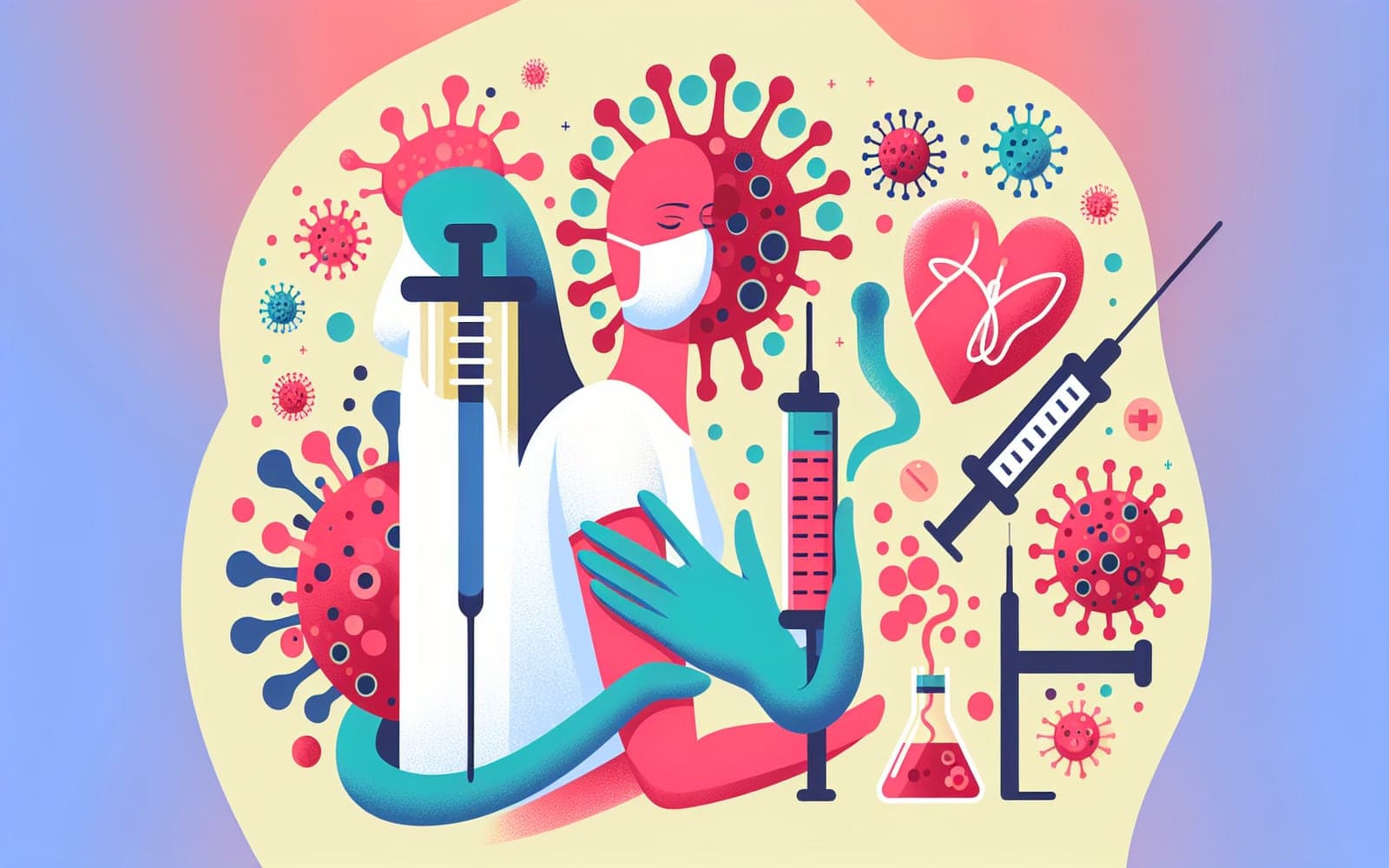Fighting Back: The Latest Treatments for Pneumococcal Infections
Published: Jul 18, 2024

Medically reviewed by Alan Lucks | MD, Alan Lucks MDPC Private Practice - New York on July 18th, 2024.
When it comes to treating pneumococcal infections, doctors have a range of weapons in their arsenal. From antibiotics to supportive care, the approach depends on the severity and location of the infection.
Contents
The Antibiotic Attack: Targeting the Bacteria
Antibiotics are the primary treatment for pneumococcal infections. Penicillin has long been the go-to choice, but with increasing antibiotic resistance, doctors may use broader-spectrum antibiotics like ceftriaxone or vancomycin. The choice of antibiotic depends on the strain's sensitivity and the infection's severity. Treatment usually lasts 7-14 days, but can be longer for severe cases.
Beyond Antibiotics: Managing Symptoms and Complications
Treatment isn't just about killing bacteria. For pneumonia, oxygen therapy may be needed to help with breathing. Pain relievers and fever reducers can help manage discomfort. In severe cases, patients might require hospitalization for intravenous antibiotics and close monitoring. For meningitis, corticosteroids are often given alongside antibiotics to reduce inflammation and prevent complications.

The Balancing Act: Handling the Immune Response
Sometimes, the body's immune response to the infection can cause more harm than the bacteria itself. In these cases, doctors may use treatments to modulate the immune response. For example, in pneumococcal meningitis, a short course of corticosteroids is often given to reduce inflammation in the brain, potentially improving outcomes.
Frequently Asked Questions
Recovery time varies, from days for mild cases to weeks for severe infections.
Mild cases may be treated at home, but severe infections require hospitalization.
While some may help symptoms, antibiotics are essential for treating the infection.
Yes, which is why proper antibiotic use is crucial.
Key Takeaways
With prompt and appropriate treatment, most people recover fully from pneumococcal infections.
Wondering about the best treatment options for pneumococcal infections? Consult with Doctronic to learn more about current guidelines and potential new therapies.Related Articles
References
Tuomanen E, Tomasz A, Hengstler B, Zak O. The relative role of bacterial cell wall and capsule in the induction of inflammation in pneumococcal meningitis. J Infect Dis 1985; 151:535.
Braun JS, Sublett JE, Freyer D, et al. Pneumococcal pneumolysin and H(2)O(2) mediate brain cell apoptosis during meningitis. J Clin Invest 2002; 109:19.
This article has been reviewed for accuracy by one of the licensed medical doctors working for Doctronic. Always discuss health information with your healthcare provider.

